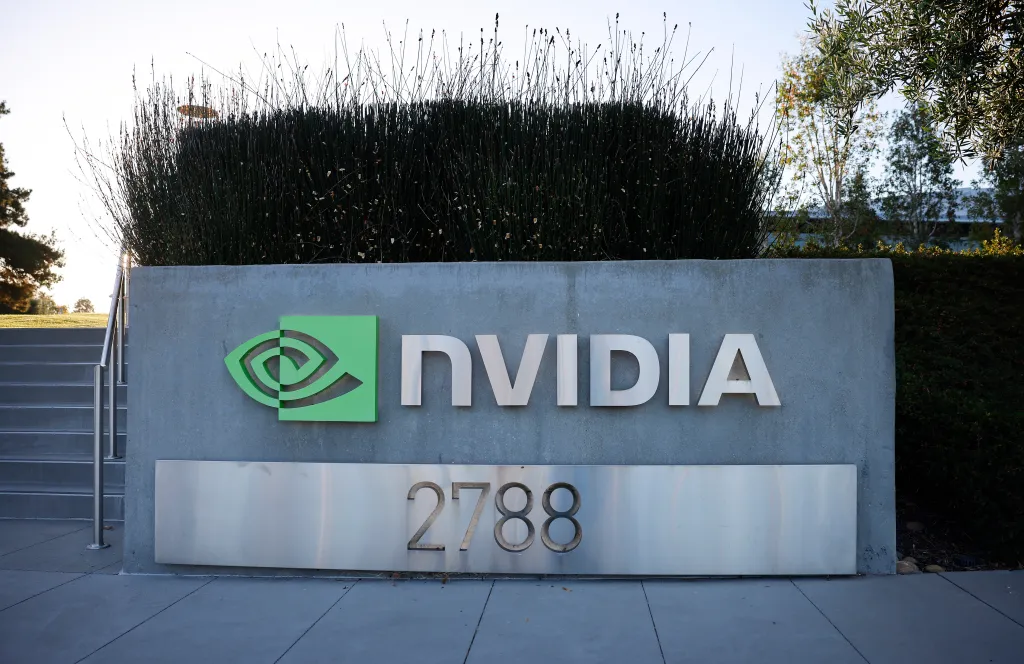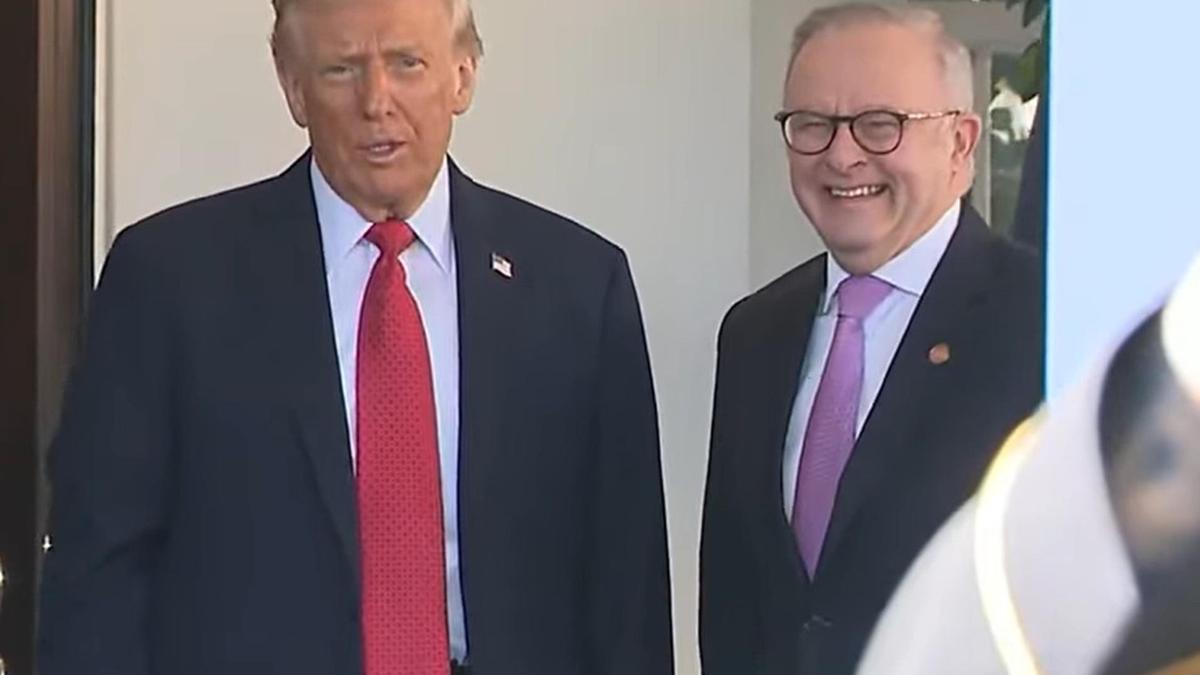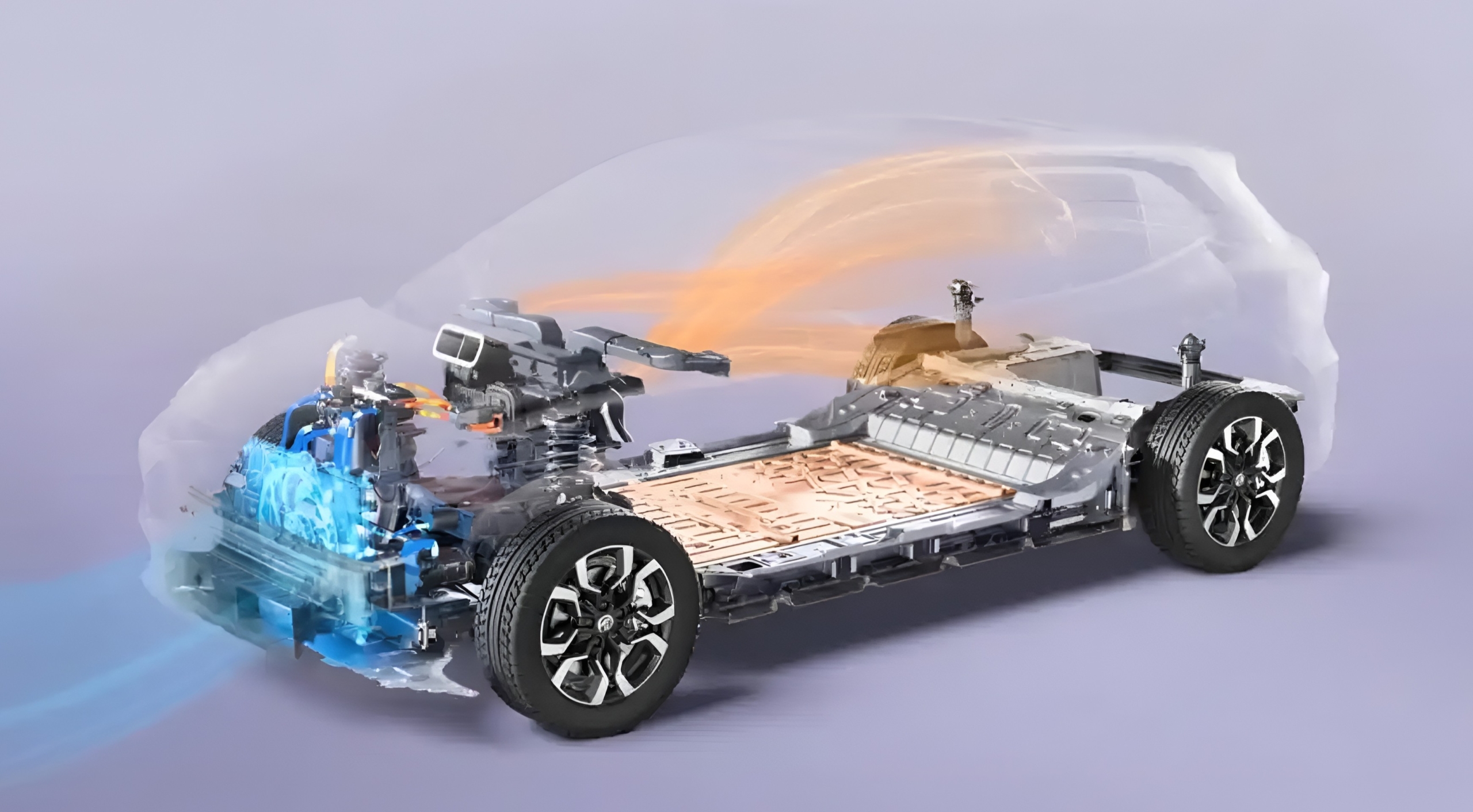Copyright The Mercury News

(Bloomberg/Yoolim Lee and Ian King) — Nvidia Corp. boss Jensen Huang plans to unveil new contracts to supply AI chips to major South Korean companies, including Samsung Electronics Co. and Hyundai Motor Group, when he visits the country this week to carve out new opportunities for his business. The deals will potentially help expand a key market for a US chipmaker that’s increasingly shut out of China during a trade conflict between Washington and Beijing. For Korean conglomerates, a closer relationship with Nvidia means a more reliable supply of the graphics processing units critical to training and operating artificial-intelligence models. Huang wants to deepen his ties with Asia’s fourth-largest economy, which is pivotal to the global supply of memory chips and harbors ambitions to become a major AI computing center, according to people familiar with the matter. In additional to Samsung and Hyundai Motor, Nvidia plans to supply its chips to SK Group, which plans to build a 7 trillion won ($4.9 billion) AI data center in South Korea and counts chipmaker SK Hynix Inc. among its affiliates. Huang is expected to announce those tie-ups before he attends the APEC CEO Summit in Gyeongju on Friday, said the people, who asked not to be named discussing private matters. The Nvidia CEO is presiding over a conference in Washington Tuesday, and President Donald Trump said he will see Huang later as he travels through Asia. Nvidia and Hyundai Motor Group declined to comment. Representatives for Samsung and SK weren’t immediately reachable for comment. The Trump administration is slated to sign a broad deal with South Korea on Wednesday aimed at bolstering cooperation in artificial intelligence, quantum computing, biotechnology and 6G wireless technology, according to a US official, who discussed plans not yet public on condition of anonymity. The official did not identify which companies might be involved in projects under the deal. Nvidia is at the heart of a spending spree on AI infrastructure that’s expected to cross the $1 trillion mark in coming years. From OpenAI to Oracle Corp., industry leaders are racing to build the data centers that underpin the post-ChatGPT era. That investment rush, coupled with a rapid climb in tech stock valuations, has drawn comparisons to the dot-com bubble given the persistent absence of mainstream AI applications and services. To expand its reach, Nvidia has begun advocating for what Huang calls “sovereign AI,” or the idea that nation states should build their own capabilities in the burgeoning technology. South Korea is planning significant investments in computing infrastructure, including plans for the country to secure as many as 200,000 high-performing GPUs by 2030. That effort could cost roughly $3 billlion. While that overall demand is modest compared to the needs of OpenAI and Meta Platforms Inc., the contracts would help Nvidia make inroads into a country pivotal to the production and design of memory chips — components essential to all modern electronics. Nvidia is also keen to delve deeper into alternative markets after getting all but shut out of China. Beijing told local companies to halt orders for Nvidia’s RTX Pro 6000D, and discouraged firms and agencies from using its H20 chips. Huang said this month that Nvidia’s market share in China had gone from 95% at its peak to zero. Trump plans to meet with Chinese leader Xi Jinping in South Korea on Thursday on the sidelines of the APEC CEO Summit, with the goal of working out some sort of trade agreement. It’s not clear whether Nvidia’s ability to sell to Chinese companies would be part of any agreement. –With assistance from Debby Wu. More stories like this are available on bloomberg.com ©2025 Bloomberg L.P.



